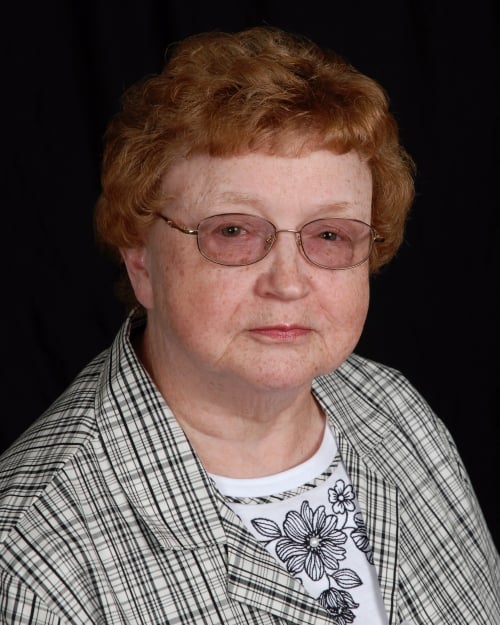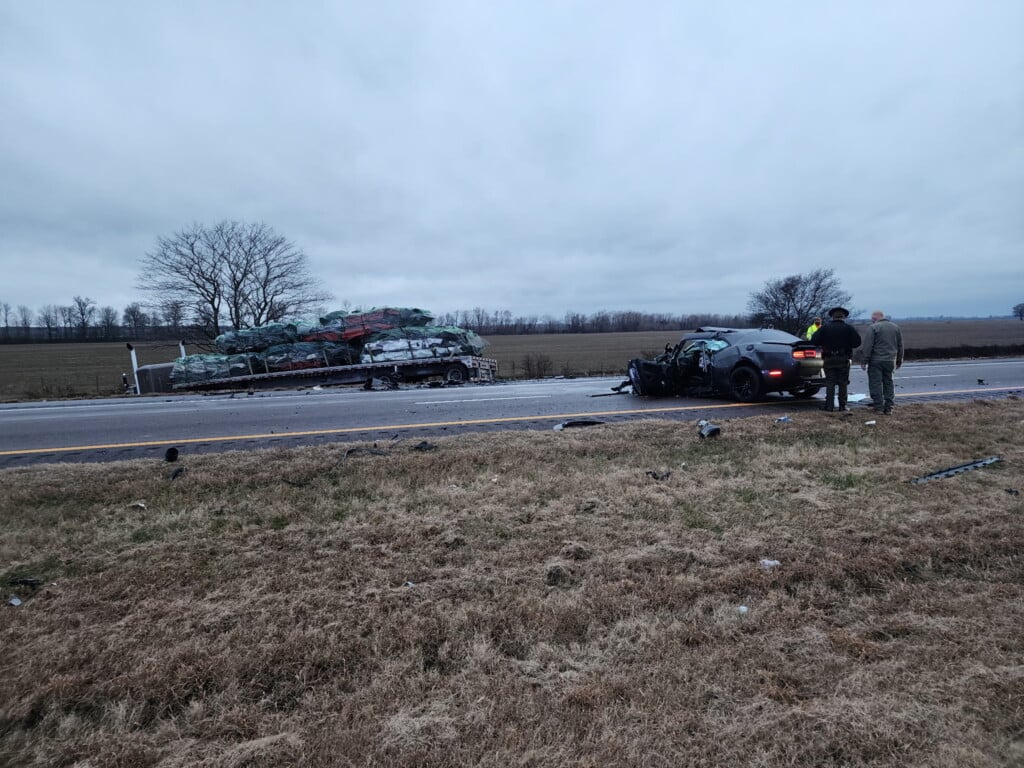MS Group Wants Midwife Standards
Mandi Sanders gave birth to her two sons at her home near Oxford with the help of a midwife. Because Mississippi does not certify midwives, she hired someone from Memphis, Tenn., she knew would provide quality service.
Sanders, a co-founder of Mississippi Friends of Midwives, stood in the Capitol last week with her young boys, ages 2 and 4, tugging on her sleeves. About a dozen mothers with restless children in their arms or at their feet were with her, lobbying the Legislature to pass a bill requiring Mississippi midwives to meet the North American Registry of Midwives standard for certification. State law currently allows “females solely engaged in the practice of midwifery” to be exempt from typical medical regulations.
The advocacy group says the current climate is dangerous to women and their children because untrained individuals can market themselves as midwives. However, the bills appear unlikely to pass.
Opponents said it would actually increase danger to mothers and newborns, and the bill would encourage home births, in which advanced medicine is absent should complications arise.
“A lot of people in the medical world think that if they don’t create credential requirements, it won’t happen,” said Renata Hillman, a midwife who is a certified professional nurse. “It’s not true. Unassisted home birth is on a rampage.”
Home births nationwide increased by nearly 30 percent between 2004 and 2009, according to the Centers for Disease Control and Prevention, though they still accounted for less than 1 percent of all U.S. births in 2009. Midwife advocates say more women are opting to stay out of the hospital so they can have a personal, natural birth.
Dr. Tom Joiner of Jackson, the Mississippi State Medical Association president, called the bill a potential step backward because the only people currently certified to practice midwifery rarely do it outside of hospitals. They are Certified Nurse Midwives.
“We’re not going to step in and demand women to give birth in a hospital,” Joiner said. “But we need them to understand there’s a right way and a safer way to go about things.”
Proponents of home births suggest only women with normal pregnancies who do not have a high risk of complications should forgo the hospital.
Katherine Prown of The Big Push for Midwives, a national nonprofit, said Mississippi is a “wild west” environment for midwives.
Prown and other advocates of the bill say the lack of certification requirements sometimes attracts midwives who have had negative outcomes in other states, because they can practice here without regulation.
“Unfortunately we see that Mississippi attracts a certain element,” she said.
The North American Registry of Midwives mandates that Certified Professional Midwives pass skills and written exams, attend a minimum of 40 births as a participant and as a primary caregiver, and learn CPR and neonatal resuscitation. It takes an average of three to five years to become one, and CPM’s must be recertified every three years.
Tuesday is the deadline for the legislation to be considered.
“It’s going to be very difficult to get it out of committee this year, to be blunt about it,” said Rep. Hank Zuber, R-Ocean Springs, who authored the House version of the bill.
The issue has been considered by the legislature in multiple forms. House Public Health and Welfare Committee Chairman Sam Mims V, R-McComb, said he does not plan to bring it out of committee this year.
“I like to take my time on issues like this and study them,” Mims said. “At this point, I’m not comfortable with this bill.”











